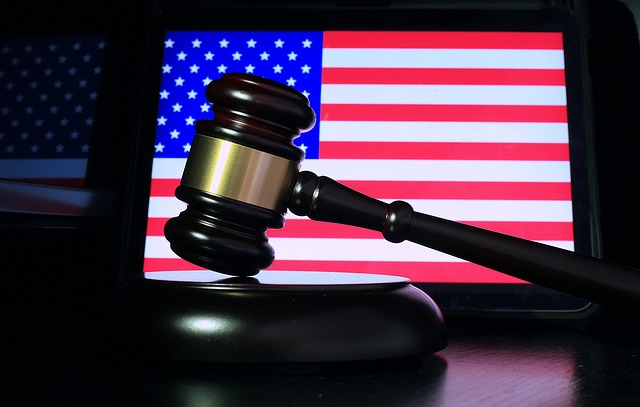Class-action lawsuits against Lakeland Behavioral Health aim to hold the facility accountable for alleged patient mistreatment and negligence, seeking justice for affected individuals and driving necessary changes in their operations. These suits consolidate claims from victims of similar harms, potentially imposing substantial legal and financial repercussions on the defendant. The growing Lakeland Behavioral Health lawsuit sheds light on systematic issues, with plaintiffs alleging ethical failures, inadequate care, and medication management problems. Legal actions are part of a broader effort to prevent future harm and improve behavioral healthcare services.
“Uncover the powerful impact of class-action lawsuits in the context of Lakeland Behavioral Health, a prominent mental health facility. This comprehensive guide delves into the intricate world of collective legal action, especially relevant for those affected by alleged misconduct at Lakeland.
We explore the serious allegations against the institution and dissect the potential consequences for victims. By examining these legal strategies, we aim to empower individuals with knowledge about their rights and the steps they can take to seek justice in the face of such challenges.”
- Understanding Class-Action Lawsuits: A Comprehensive Overview
- The Allegations Against Lakeland Behavioral Health
- Potential Impact and Steps Forward for Victims
Understanding Class-Action Lawsuits: A Comprehensive Overview

Class-action lawsuits are a powerful legal tool that allows individuals with similar experiences to band together and fight for justice against a common defendant, in this case, Lakeland Behavioral Health. When considering a Lakeland Behavioral Health lawsuit, it’s crucial to understand how these cases work. Essentially, a class-action lawsuit is initiated when one or more plaintiffs represent a larger group of people who have suffered similar harms due to the actions (or inaction) of a specific entity, like Lakeland Behavioral Health.
These lawsuits are particularly effective in holding large organizations accountable for widespread misconduct. In the context of a Lakeland Behavioral Health lawsuit, this could encompass various issues related to patient care, treatment practices, or even policy decisions that have negatively impacted a substantial number of individuals. By consolidating these claims, class-action lawsuits can result in significant legal and financial consequences for the defendant, potentially leading to much-needed changes in their operations and policies.
The Allegations Against Lakeland Behavioral Health

The allegations against Lakeland Behavioral Health have garnered significant attention, especially in the context of a growing Lakeland Behavioral Health lawsuit. Critics contend that the facility has been involved in systematic issues, including mistreatment and negligence towards patients. The concerns range from alleged physical and emotional abuse to inadequate care and medication management. These accusations suggest a pattern of misconduct that could potentially impact numerous individuals who sought treatment at the institution.
The lawsuits against Lakeland Behavioral Health aim to shed light on these alleged wrongdoings and offer justice to those affected. Plaintiffs claim that the facility failed to uphold ethical standards, prioritize patient safety, and provide the level of care expected in a healthcare setting. These legal actions are part of a broader effort to hold Lakeland Behavioral Health accountable and ensure such practices do not go unaddressed, potentially preventing future harm to vulnerable individuals.
Potential Impact and Steps Forward for Victims

For victims of alleged misconduct at Lakeland Behavioral Health, the potential impact of a class-action lawsuit is significant. Not only could it provide a platform for their voices to be heard and justice sought, but it may also lead to much-needed changes within the organization. A successful Lakeland Behavioral Health lawsuit could result in improved patient care, enhanced safety protocols, and increased accountability for any future violations.
Victims are encouraged to take proactive steps forward by gathering evidence, documenting experiences, and reaching out to legal professionals specializing in mental health litigation. This process involves joining forces with fellow plaintiffs to build a strong case against Lakeland Behavioral Health. Together, they can navigate the complexities of the legal system, seek compensation for their suffering, and contribute to a broader goal of ensuring better treatment and protection for individuals in need of behavioral healthcare services.
The ongoing discussions surrounding the Lakeland Behavioral Health lawsuit shed light on a critical issue affecting many. By understanding class-action lawsuits, we can appreciate the collective effort required for justice. The allegations against Lakeland Behavioral Health underscore the need for accountability and reform in mental health care. This case not only seeks compensation for victims but also aims to prompt systemic changes, ensuring better treatment and support for individuals facing behavioral health challenges. Moving forward, it is essential that victims take the necessary steps to join this lawsuit, amplify their voices, and collectively push for a brighter, safer future within the mental health landscape.
